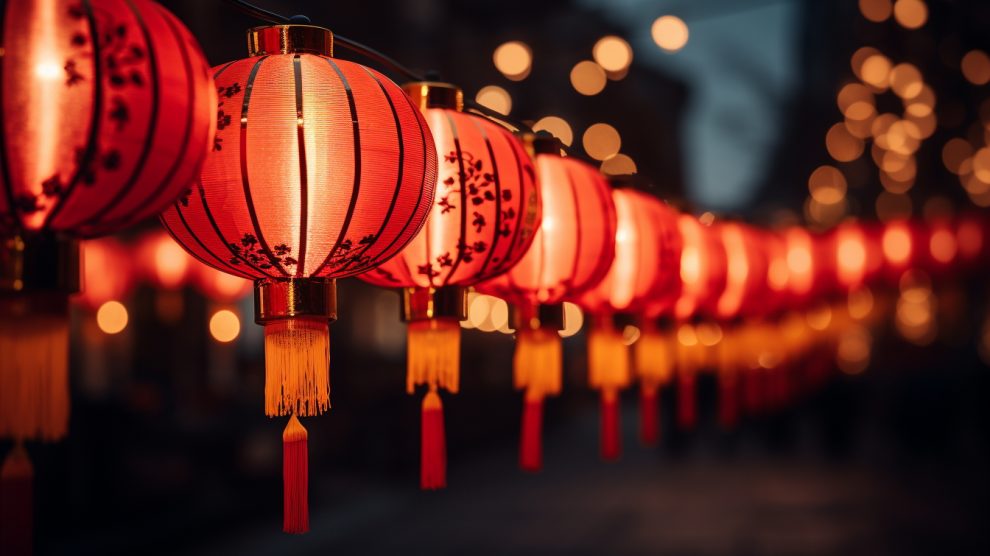Today, Villa Madama hosted the 12th session of the Italy–China Intergovernmental Committee, chaired by Antonio Tajani and Wang Yi. This is the main instrument of the Global Strategic Partnership launched in 2004, taking place just over a year after Prime Minister Giorgia Meloni and President Sergio Mattarella visited Beijing.
Key points:
- There are three thematic tables: economy and finance, culture and civil society, and science and technology.
- Bilateral meeting between Tajani and Wang Yi on cooperation and global crises.
- Working lunch with leading Italian business representatives.
- Tomorrow Minister Wang will meet Italian President Sergio Mattarella.
With Chinese characteristics… After the meeting, the two ministers held a joint press conference. While Tajani took questions from reporters, Wang read his remarks and left quickly without engaging with the media.
Rome’s message: Villa Madama is the same setting that hosted the 2019 signing of Italy’s MoU to join the Belt and Road Initiative. In 2023, the Meloni government chose not to renew it.
- The Italian Foreign Ministry stressed the intention to intensify and rebalance trade, removing barriers and unlocking the potential of both economies. Yet the tone reflects Italy’s new post-BRI pragmatism: selective cooperation, strategic caution, and economic security.
Context: Italy formally exited the Belt and Road Initiative in 2023 and introduced measures such as the Buy Transatlantic decree and excluding Chinese solar panels from renewable energy incentives—signals of a controlled de-risking policy.
Key data: Despite efforts to revive bilateral economic dialogue, the global tariff war has made it harder to rebalance Italy–China trade. Reciprocal protectionist measures between Beijing, Brussels, and Washington have tightened flows, hurting Italian exports and widening the structural trade gap.
- Total trade January–August 2025: €49.8 billion (+16%).
- Italian exports: €9.1 billion (-11.1%).
- Imports from China: €40.7 billion (+24.5%), more than four times Italian exports—a clear imbalance favouring Beijing.
- Pharmaceutical exports collapsed (-79%), while metallurgy and minerals grew.
- 1,425 Italian companies operate in China (combined revenue: €33 billion).
- Direct investments: €15 billion from Italy to China vs €2.8 billion from China to Italy.
Regional dimension: The Chinese delegation includes representatives from provinces such as Jiangsu, the core of Italy’s industrial footprint in China (Suzhou, Yangzhou). Meetings in Turin and Milan are also planned, focusing on the automotive, furniture, and manufacturing sectors.
Toward rebalancing: The 2024–2027 Action Plan, signed during Prime Minister Giorgia Meloni’s visit to China in July 2024, aims to promote digital and green investments.
- Bilateral platforms like the Italy–China Business Forum and the Joint Economic Commission are tasked with ensuring transparency and preventing disputes.
Looking ahead, Italy is pursuing a careful balance — staying connected to Beijing while aligning with European de-risking and transatlantic priorities. For the Meloni government, the China dossier is a test case for pragmatic, open economic diplomacy that is conscious of new global vulnerabilities.
The Political POV. Senator Giampietro Maffoni, from the governing majority, commented on our sister website Formiche.net about Wang Yi’s visit: “The government aims to strengthen cooperation with China along two lines: first, achieving more substantial results than in the past, and second, doing so with a balance that does not lean to one side.”
- According to Fratelli d’Italia’s Senator, “Our SMEs can seize the opportunities available in those regions as part of the broader effort the executive has pursued over the past three years to improve our export numbers.”
- He added that Prime Minister Giorgia Meloni “has often reiterated that it is possible to maintain good relations with China without signing up to the Belt and Road Initiative.”





